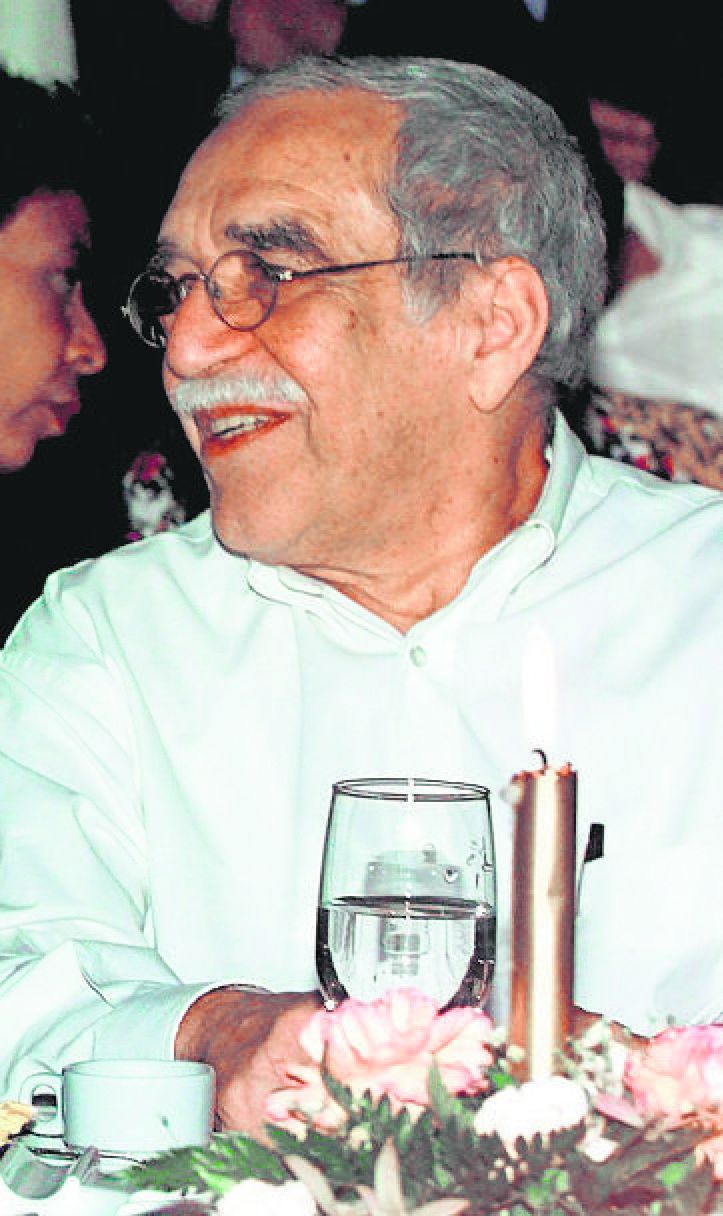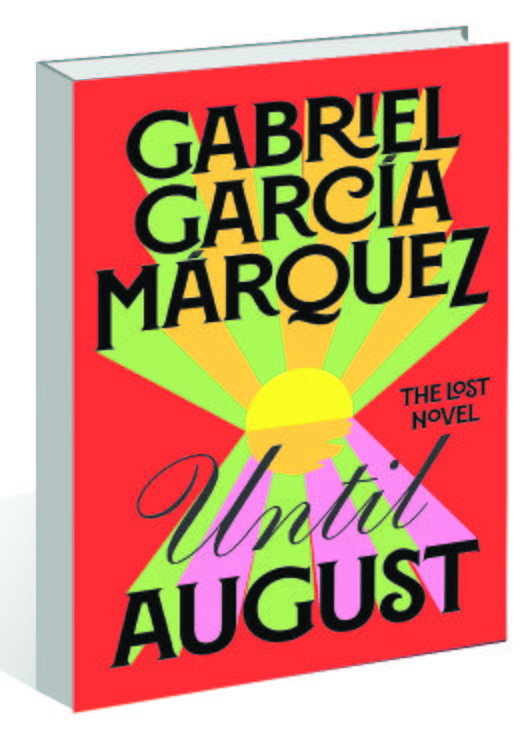
Marquez’s sons decided not to honour his request to destroy the manuscript, releasing the book on his 97th birth anniversary. AP/PTI
Bindu Menon
In 1999, at a public forum, Colombian Nobel laureate Gabriel Garcia Marquez read out some passages from a short novel that he was working on. Over the course of the next few years, more extracts from the unfinished novel would be published in a few literary magazines, including The New Yorker. Sometime in 2010, Cristobal Pera, who had edited a few of the writer’s works, including his memoir ‘Living to Tell the Tale’, was summoned to help Marquez with the task of finishing the novel. It was evident that after more than a decade since he had started on the novel, its fruition remained an agonising wait for a writer who had enthralled readers worldwide with masterpieces such as ‘One Hundred Years of Solitude’, ‘Chronicle of a Death Foretold’ and ‘Love in the Time of Cholera’.

manner of its publication.
By the time Pera arrived on the scene, Marquez was in his sunset years, afflicted by cancer and had already produced five drafts of his rather troublesome novel. Pera pored through the drafts and urged Marquez to have it published. But Marquez remained unconvinced. Ultimately, he decided it was best to put the book to rest. He also instructed his sons to destroy the manuscripts and not to publish the novel. Soon, Marquez’s memory would fail him to a point that he was unable to recognise his own writing. In 2014, the literary titan, who once joked that he wrote to please his friends, died. The fate of his last book too appeared to be sealed. Until this month, that is.
Marquez’s sons decided not to honour their father’s request to destroy the manuscript and brought back the unfinished novel to life, a decade after his death. The book was released on the writer’s 97th birth anniversary.
‘Until August’ is about a married middle-aged woman’s twin annual rituals, which include a visit to her mother’s grave on an island and seeking out a new lover for a night during that brief excursion away from her family. The novel has predictably shaken the literary world not merely over its merits (readers are clearly divided on its literary value), but also over the manner of its publication.
It is quite evident from the words of Gonzalo Garcia, one of the sons of Marquez, that the novel wasn’t really in a ready-to-be-published state. “The novel was, if anything, a little scattered in an indeterminate number of originals, but it was complete. It was a work of archaeology to bring the pieces together and arrive at an ending,” he said. Yet, the sons, quite unlike their father, believed in the novel’s worth and took an enormous risk. It was, they conceded, an act of betrayal but concluded that the work “made a lot of sense”.
Literary history is replete with such stories of works being saved from near demise — from Roman poet Virgil’s ‘The Aeneid’ to Vladimir Nobokov’s ‘The Original of Laura’ to Kafka’s works and Emily Dickinson’s poems. Whether or not ‘Until August’ is a worthy addition to the Marquez oeuvre is for his readers to judge. But to assume that one novel will in any way diminish the stature of a writer, who penned it when his physical and mental faculties were at their frailest, would be doing great disservice to his literary memory and vast output. Especially when the writer himself was his biggest critic and had reasons not to publish the novel.
Ironically, a young Marquez had been greatly influenced by Franz Kafka, another writer whose works may never have seen the light of day had his friend and literary executor, Max Brod, decided to comply with his ailing friend’s wish to burn the manuscripts after his death. Rather, Brod, who described Kafka as an “earthly miracle”, chose to publish his works.
Kafka, in fact, considered the ending of his novel ‘The Metamorphosis’ to be “imperfect to its very marrow” and that every word he wrote “jars against the next”. It is this very novel that inspired Marquez to write his first short story and send it for publication. After reading ‘The Metamorphosis’, Marquez realised that it was indeed acceptable to tell a story in the same fantastical manner as his “grandmother used to talk”. This illumination would lay the ground for the magic realism that would lend Marquez’s works their enduring appeal.
What the literary world will finally make of a fragmented novel that escaped incineration or of an author’s moral right over his work may remain a matter of endless debate. What is more worthy of inquiry is what makes a writer heartlessly abandon his work after years of love and labour, and more curiously, condemn it to death. It’s perhaps, as artist Banksy said, quoting Russian anarchist Mikhail Bakunin, “The urge to destroy is also a creative urge.”
Join Whatsapp Channel of The Tribune for latest updates.



























